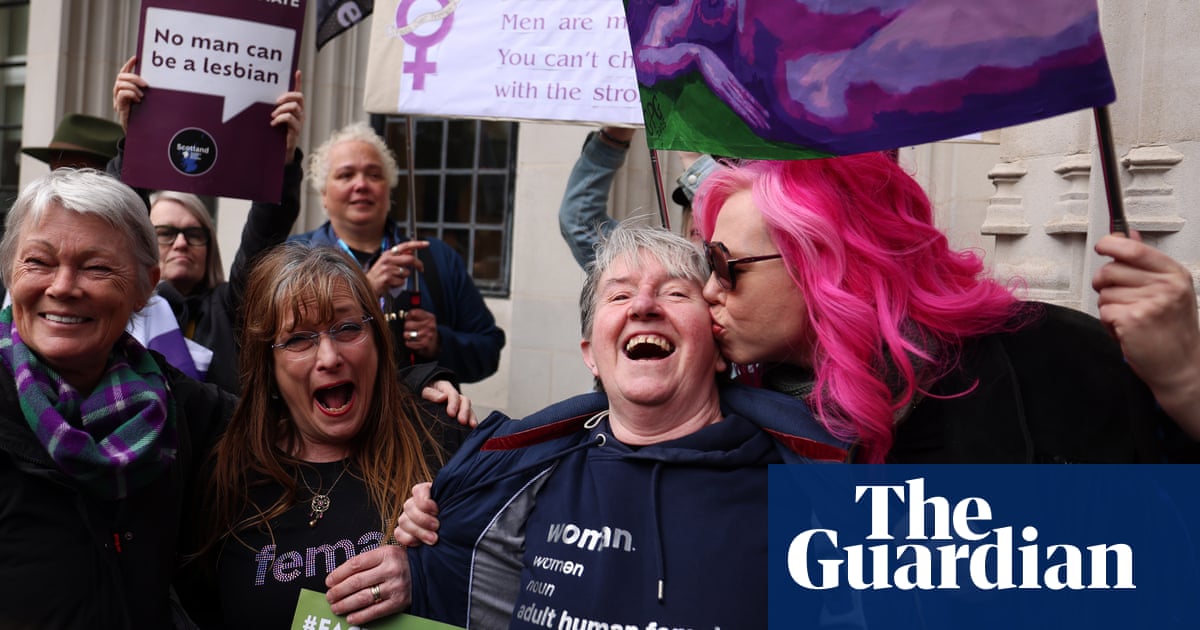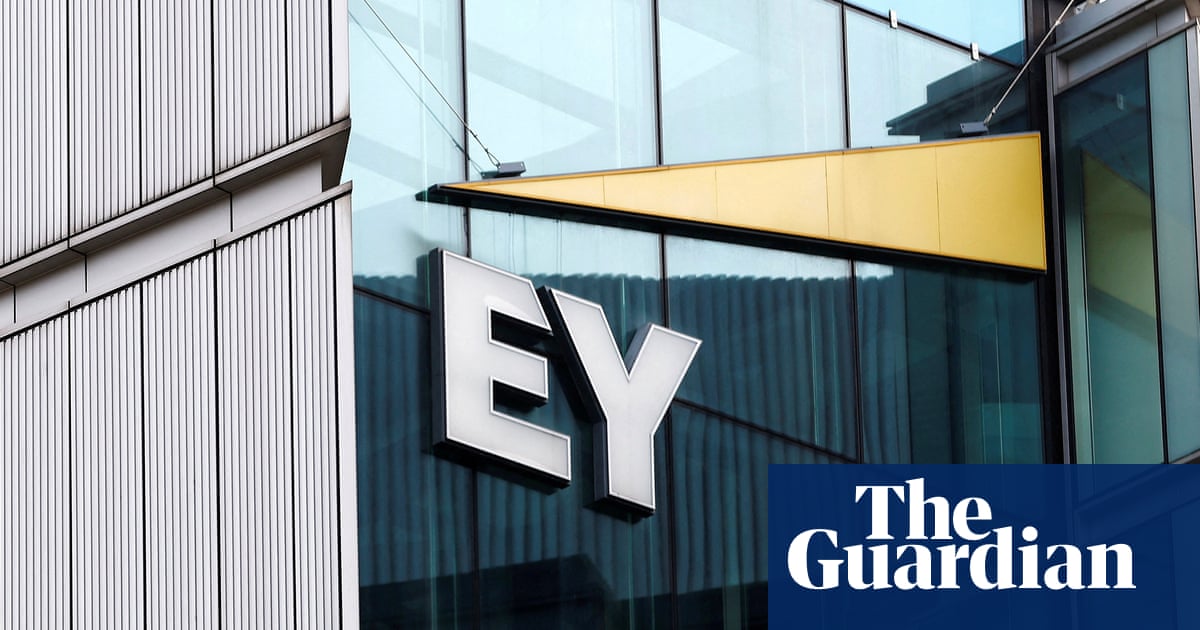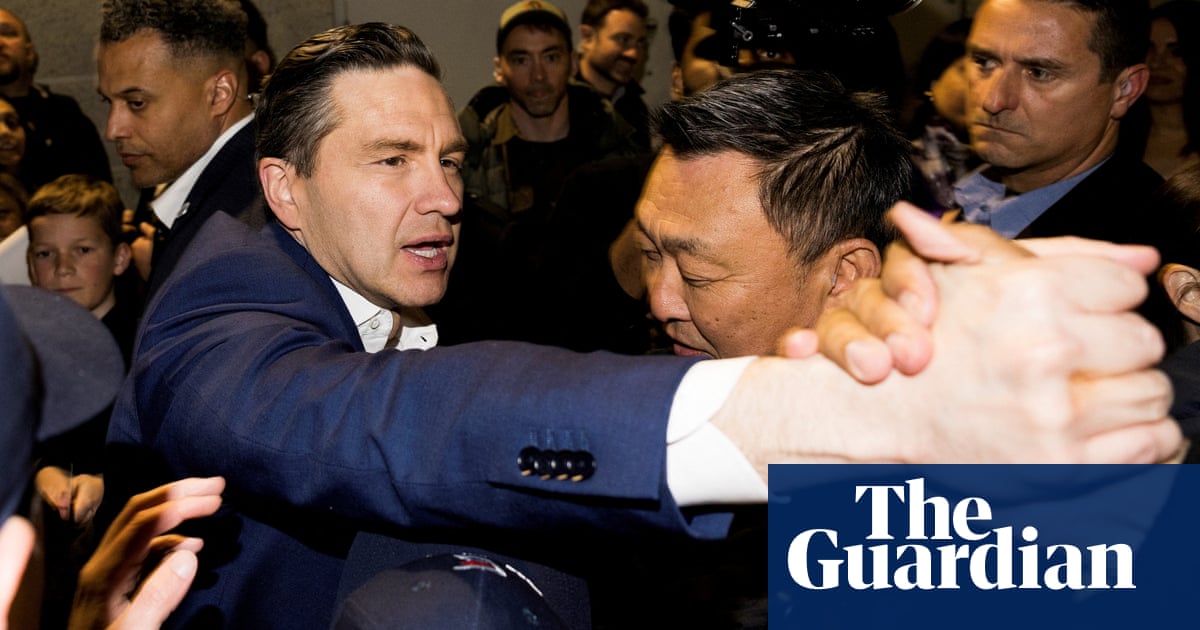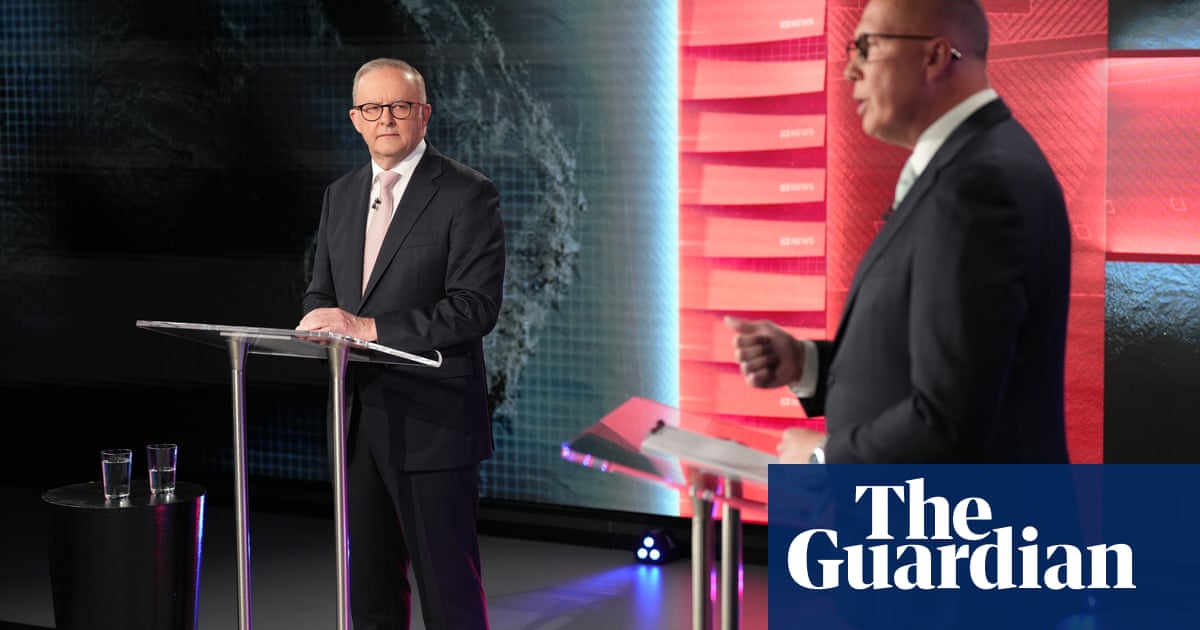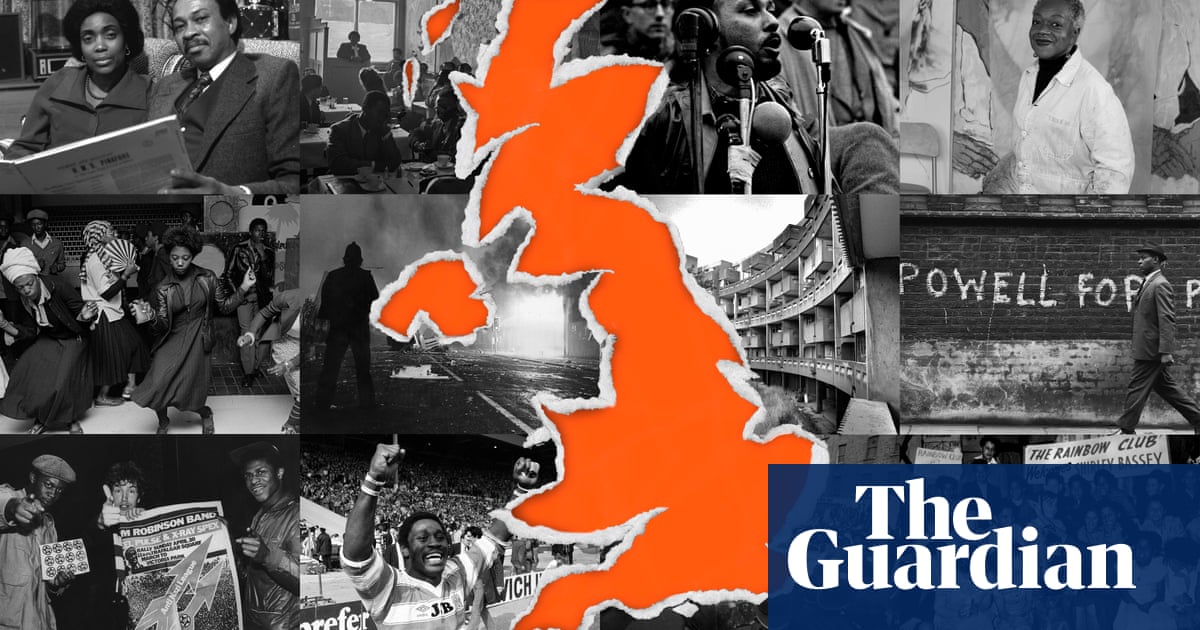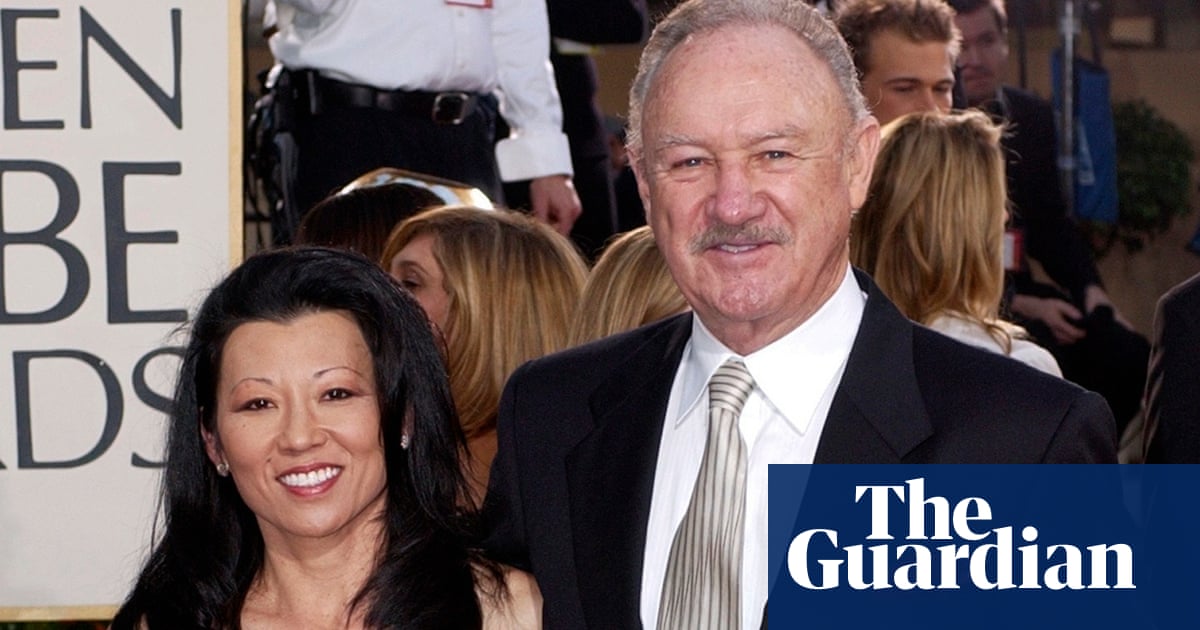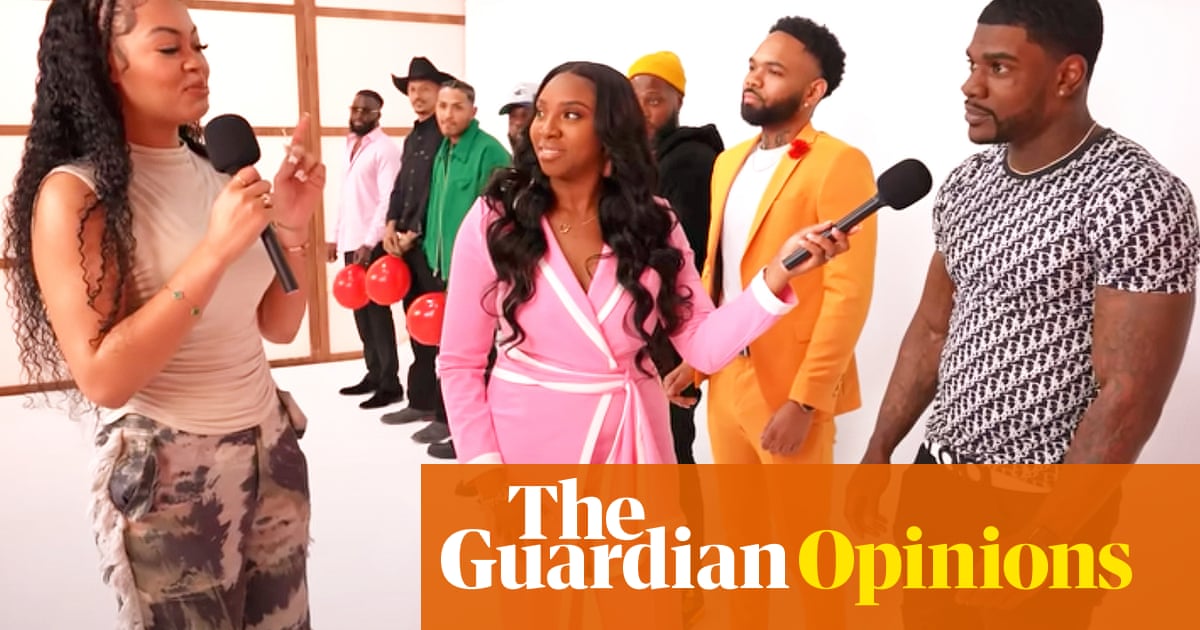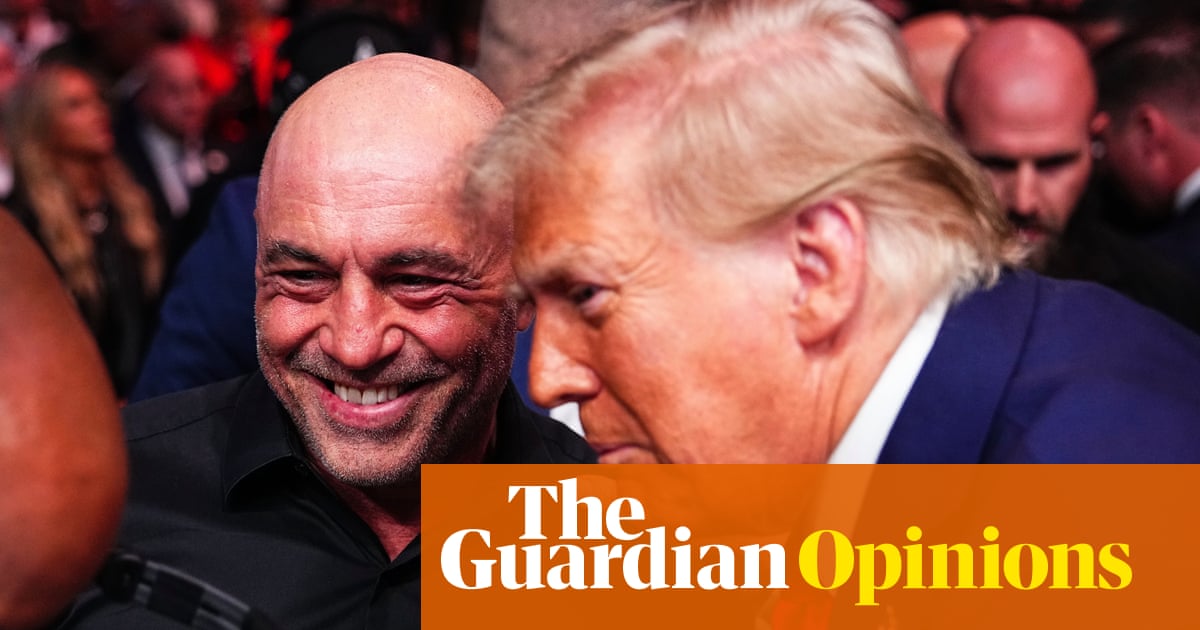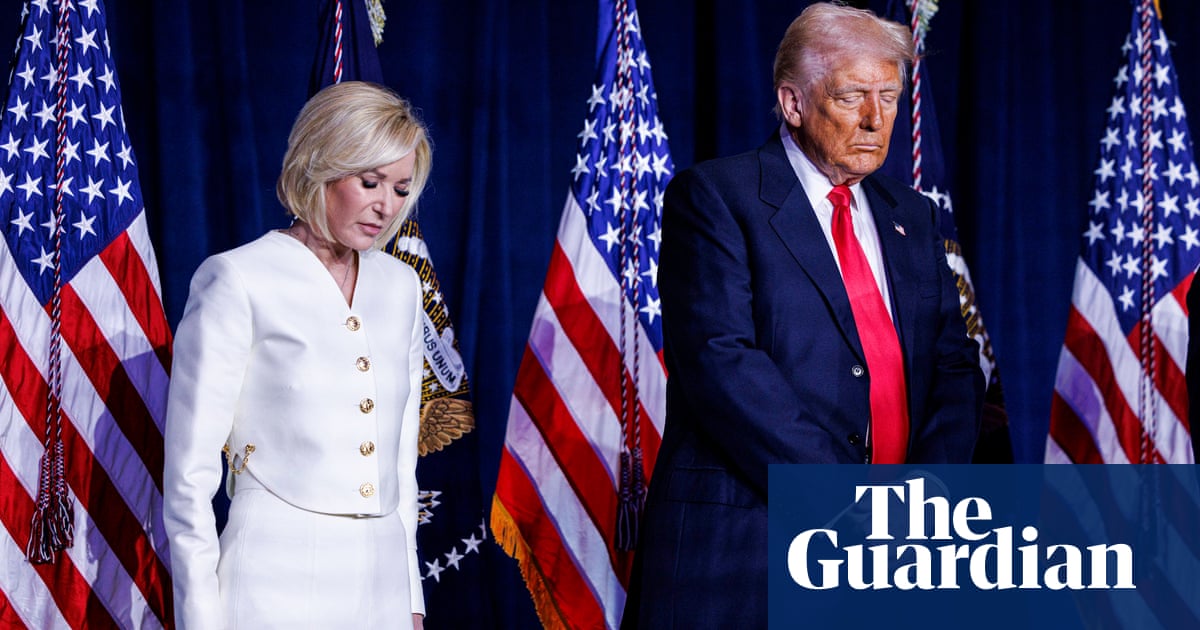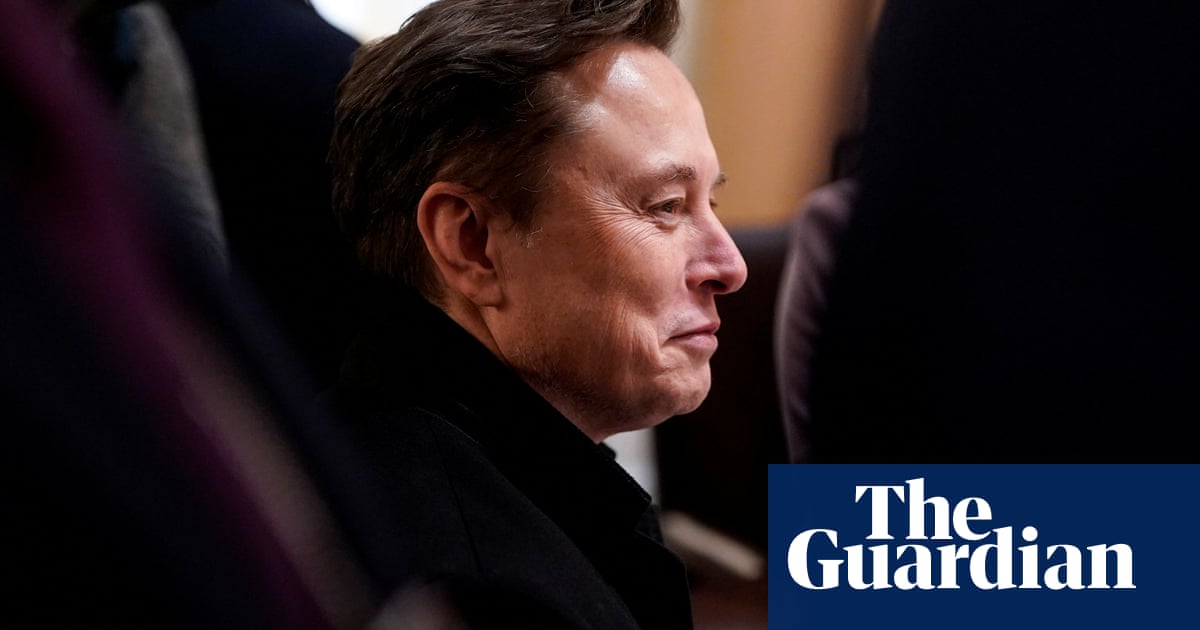Compared with many countries around the world, the US is still a great democracy, but a much lesser one than it was four months ago. The constitution has not been rewritten. Checks and balances have not been dissolved. The difference is a president who ignores those constraints, and the impotence of the institutions that should enforce them.
Which is the true US, the one enshrined in law or the one that smirks in contempt of law? If the latter, should Britain welcome its embrace as a kindred nation? That is an existential question lurking in the technical folds of a potential transatlantic trade agreement.
If JD Vance is to be believed, the prospects of such a deal are looking up. The US vice-president reports that Donald Trump “really loves the United Kingdom”. The two countries are connected by a “real cultural affinity” that transcends business interests.
This is a more emollient Vance than the one who earlier this year denounced Britain, alongside other European democracies, as a hotbed of anti-Christian prejudice and endemic censorship. In a speech to the Munich Security Conference in February, Vance told his audience that Europe’s greatest threat comes not from Russia or China, but “from within”. He saw a continent in retreat from the “values shared with the United States of America”. Vance returned to the theme when Keir Starmer visited the White House, rebuking the prime minister for “infringements on free speech that … affect American technology companies and, by extension, American citizens”.
That was a swipe at the Online Safety Act, which makes social media companies, websites and search engines responsible for “harmful content” published on their platforms. The law had a tortuous genesis between 2022 and 2023. Its scope expanded and contracted depending on what was deemed enforceable and desirable under three different Conservative prime ministers.
The version now on the statute book focuses on unambiguously nasty stuff – incitement to violence, terrorism, race hate, encouraging suicide, child abuse images. Technology companies are required to have systems for removing such content. Those mechanisms are assessed by the regulator, Ofcom. Inadequate enforcement is punishable with fines. Refusal to comply can result in criminal prosecutions.
That was the theory. The question of how the law should be implemented in practice was deferred. The answer seems to be not much if Britain wants a trade deal with the US.
Last month, Ofcom received a delegation from the US state department, which raised the Online Safety Act in line with the Trump administration’s mission “to affirm the US commitment to defending freedom of expression in Europe and around the world”. Last week, answering questions from the parliamentary liaison committee, Starmer confirmed that diluting digital regulation was on the table in trade talks when he acknowledged that “there are questions about how technology impacts free speech”. The prime minister also conceded that the UK’s digital services tax, which aims to clamp down on international tech companies avoiding tax by hiding their profits offshore, could be up for negotiation.
These demands from the White House have been flagged well in advance. In February, Trump signed a “memorandum to defend US companies and innovators from extortion overseas”. The administration promised to take a dim view of any attempt to raise taxes from US tech companies and any use of “products and technology in ways that undermine free speech or foster censorship”.
Regulation that impedes the operation of US digital behemoths – anything short of blanket permission to do as they please – will apparently be treated as a hostile act and an affront to human liberty.
This is an imperial demand for market access cynically camouflaged in the language of universal rights. The equivalent trick is not available in other sectors of the economy. US farmers hate trade barriers that stop their products flooding European markets, but they don’t argue that their chlorine-washed chickens are being censored. (Not yet.)
That isn’t to say digital communications can be subject to toxicity tests just like agricultural exports. There is wide scope for reasonable disagreement on what counts as intolerable content, and how it should be controlled. The boundaries are not easily defined. But it is also beyond doubt that thresholds exist. There is no free-speech case for child sexual abuse images. The most liberal jurisdictions recognise that the state has a duty to proscribe some material even if there is a market for it.
The question of how online space should be policed is complex in principle and fiendishly difficult in practice, not least because the infrastructure we treat as a public arena is run by private commercial interests. Britain cannot let the terms of debate be dictated by a US administration that is locked in corrupting political intimacy with those interests.
It is impossible to separate the commercial and ideological strands of Trump’s relationship with Silicon Valley oligarchs. They used their power and wealth to boost his candidacy and they want payback from his incumbency. There is not much coherence to the doctrine. “Free” speech is the kind that amplifies the president’s personal prejudices. Correcting his lies with verifiable facts is censorship.
That warped frame extends beyond the shores of the US. It is shared by Kemi Badenoch, who considers Vance a friend. Asked about the vice-president’s Munich speech, the Conservative leader said she thought he was “dropping some truth bombs, quite frankly”. Badenoch’s own speeches consistently fret about the capture of Britain’s elite institutions, especially the Whitehall bureaucracy, by repressive woke dogma.
There does exist a school of militant leftism that is tediously censorious, stretching liberal piety to illiberal extremes, and there always has been. But it is very far from power. Maybe Badenoch ramps up the menace to appeal to a fanatical audience on social media. Perhaps she radicalised herself by reading about it there. Either way, to fixate on campus protest politics as the main threat to western democracy when a tyrant sits in the Oval Office requires an act of mental contortion that, if not actually stupid, does a strong imitation of stupidity.
Britain doesn’t have to take instruction on political freedom from a regime that suffocates media independence with bullying and vexatious litigation; that demands universities teach the ruling party’s orthodoxies; that courts dictatorships while sabotaging democratic alliances; that kidnaps and jails innocent people with no regard for due process, then ignores the court rulings that say they should be free.
These are the “values” that Vance is talking about when he laments that Europe and the US are drifting apart. This is the model of “free speech” that a Trump trading partner is expected to endorse; to protect. Is that the stuff of “real cultural affinity” that earns Britain a deal? Let’s hope not.
-
Rafael Behr is a Guardian columnist

.png) 8 hours ago
5
8 hours ago
5



